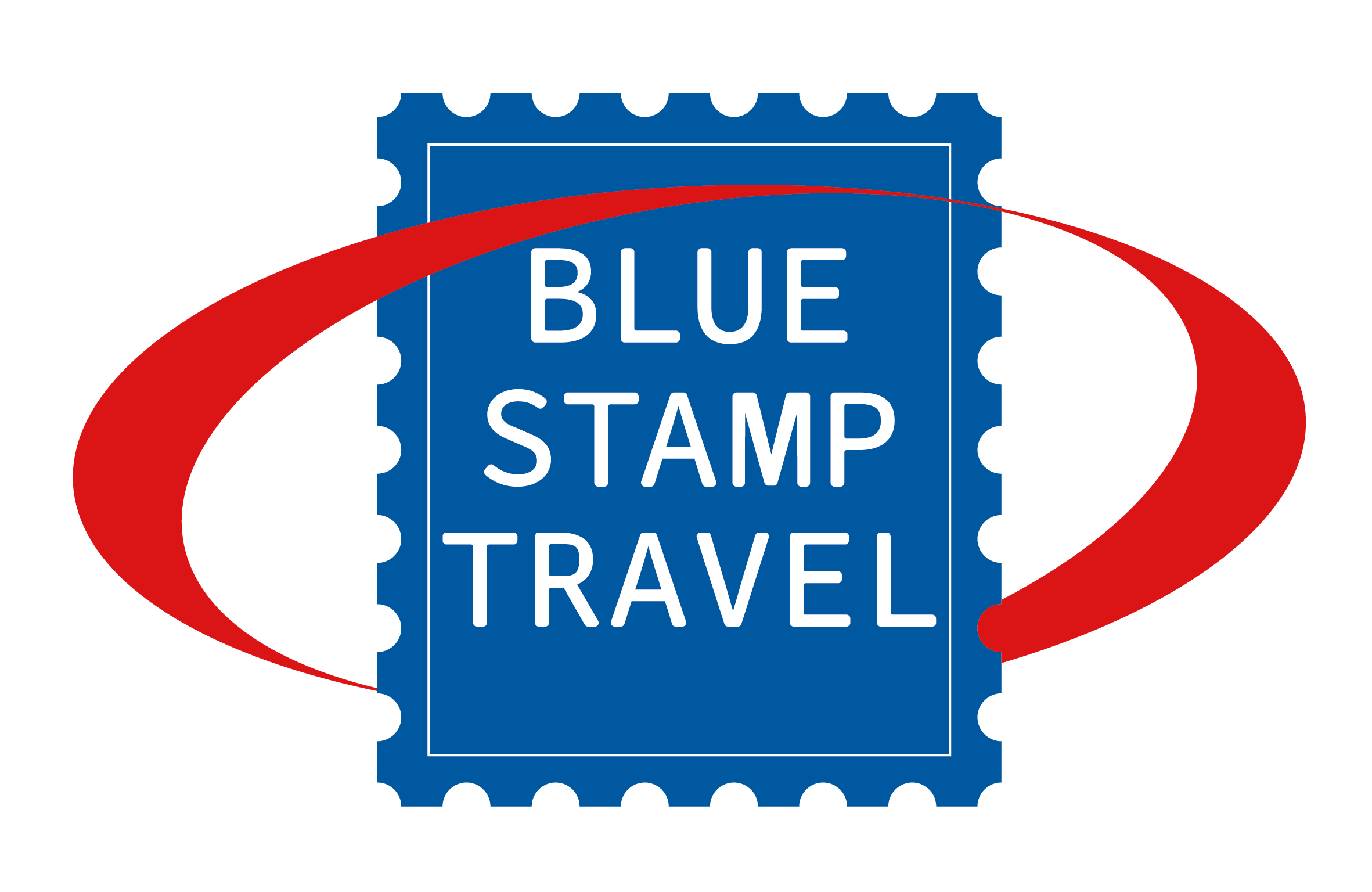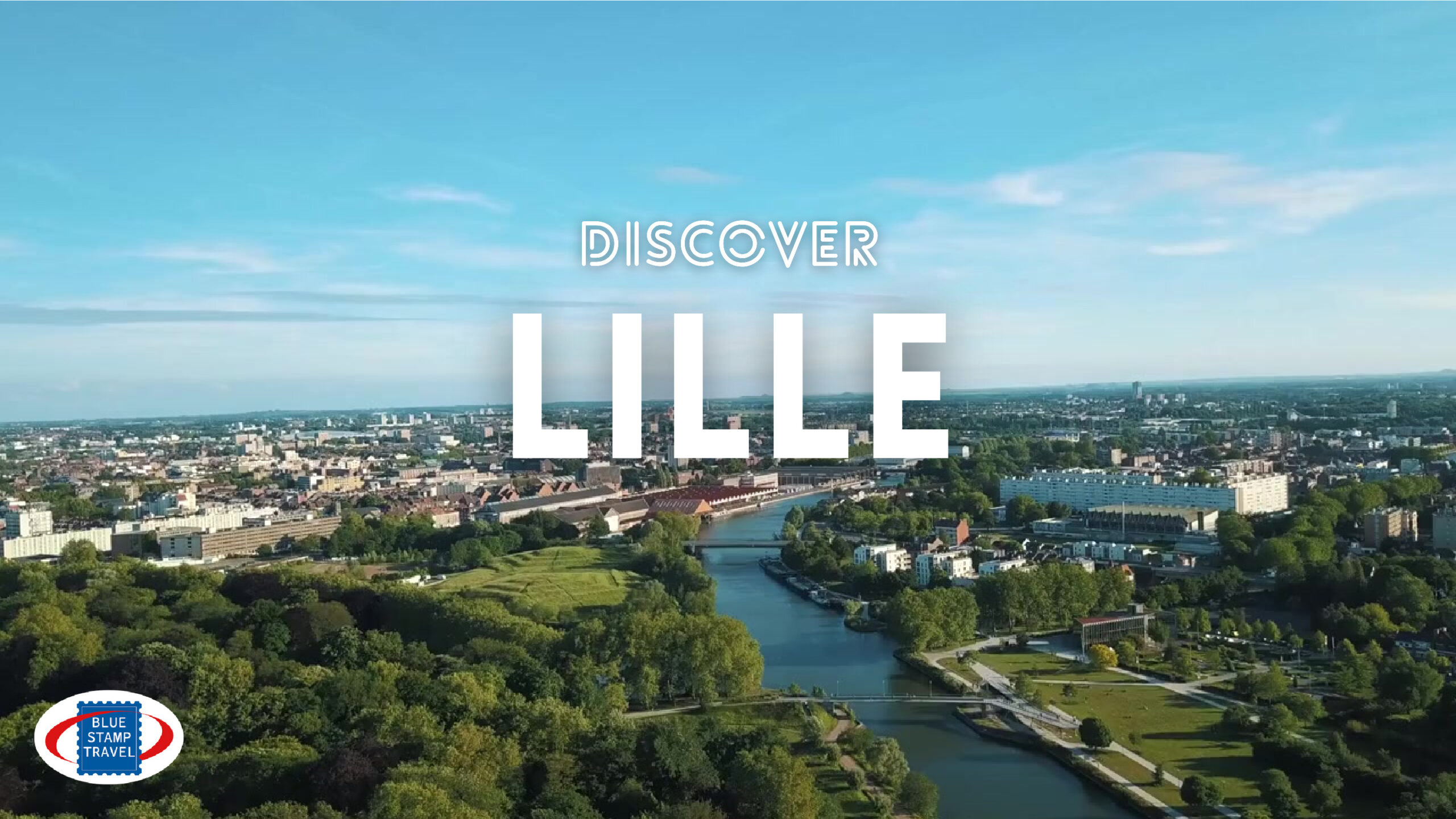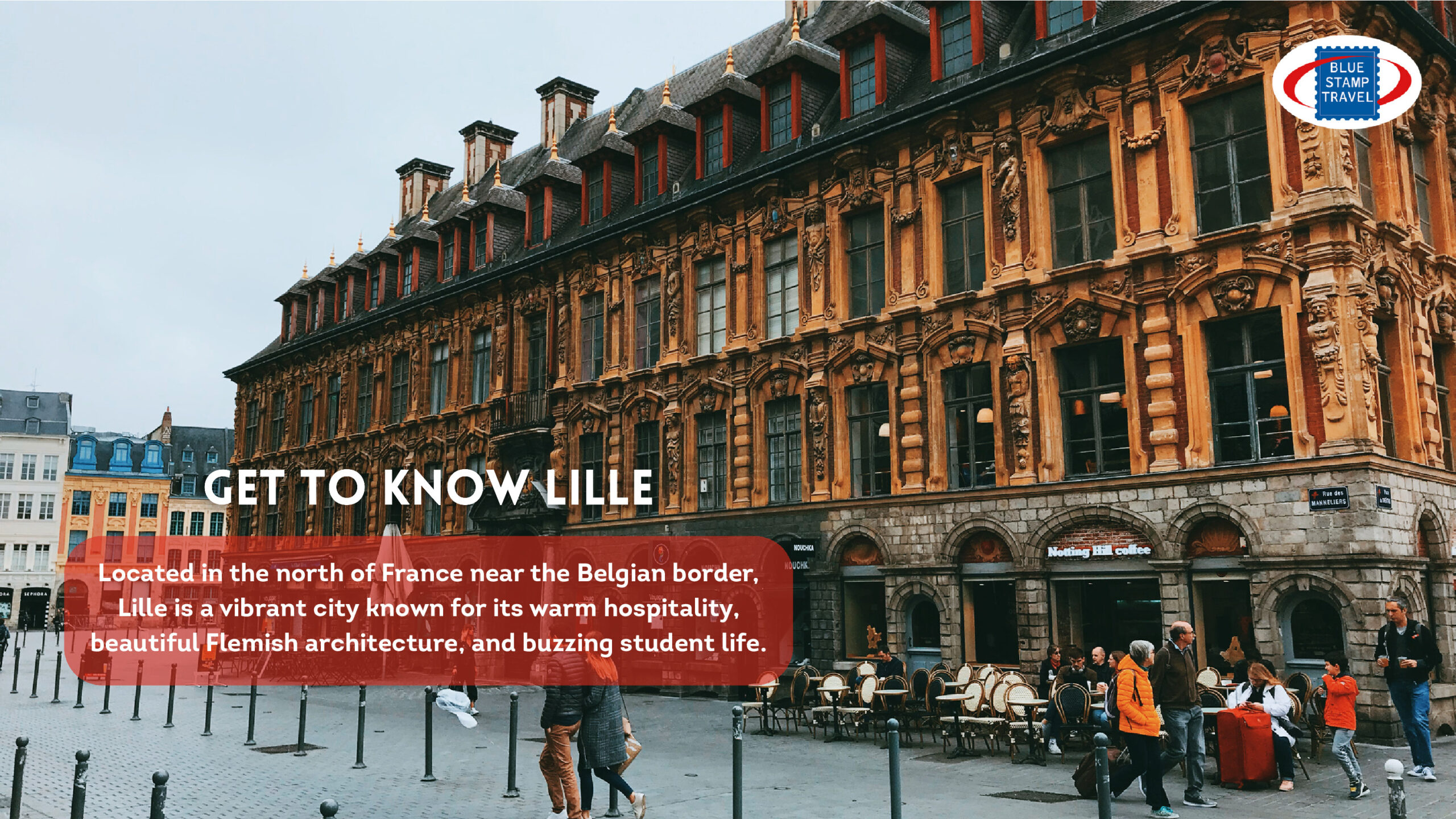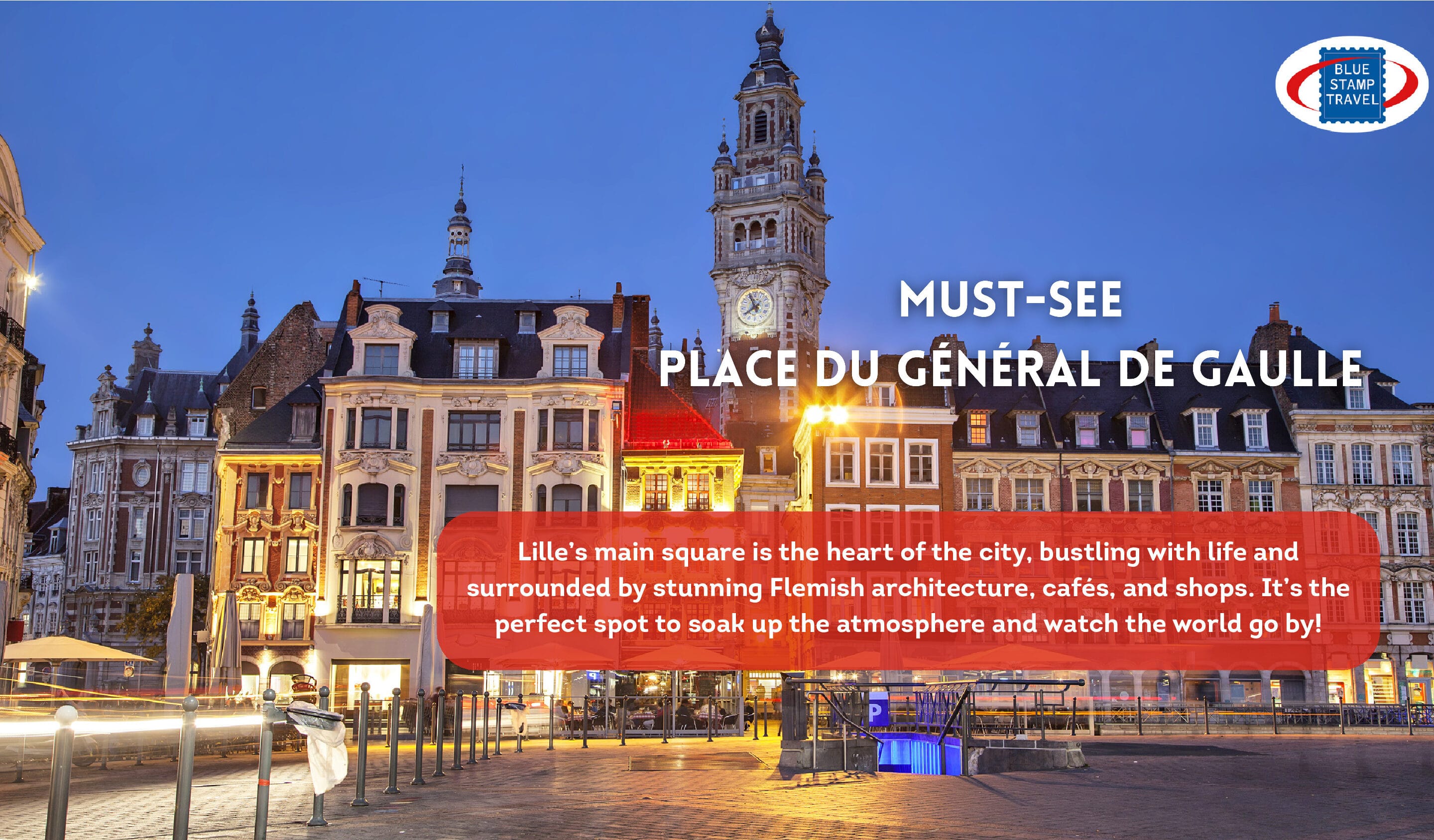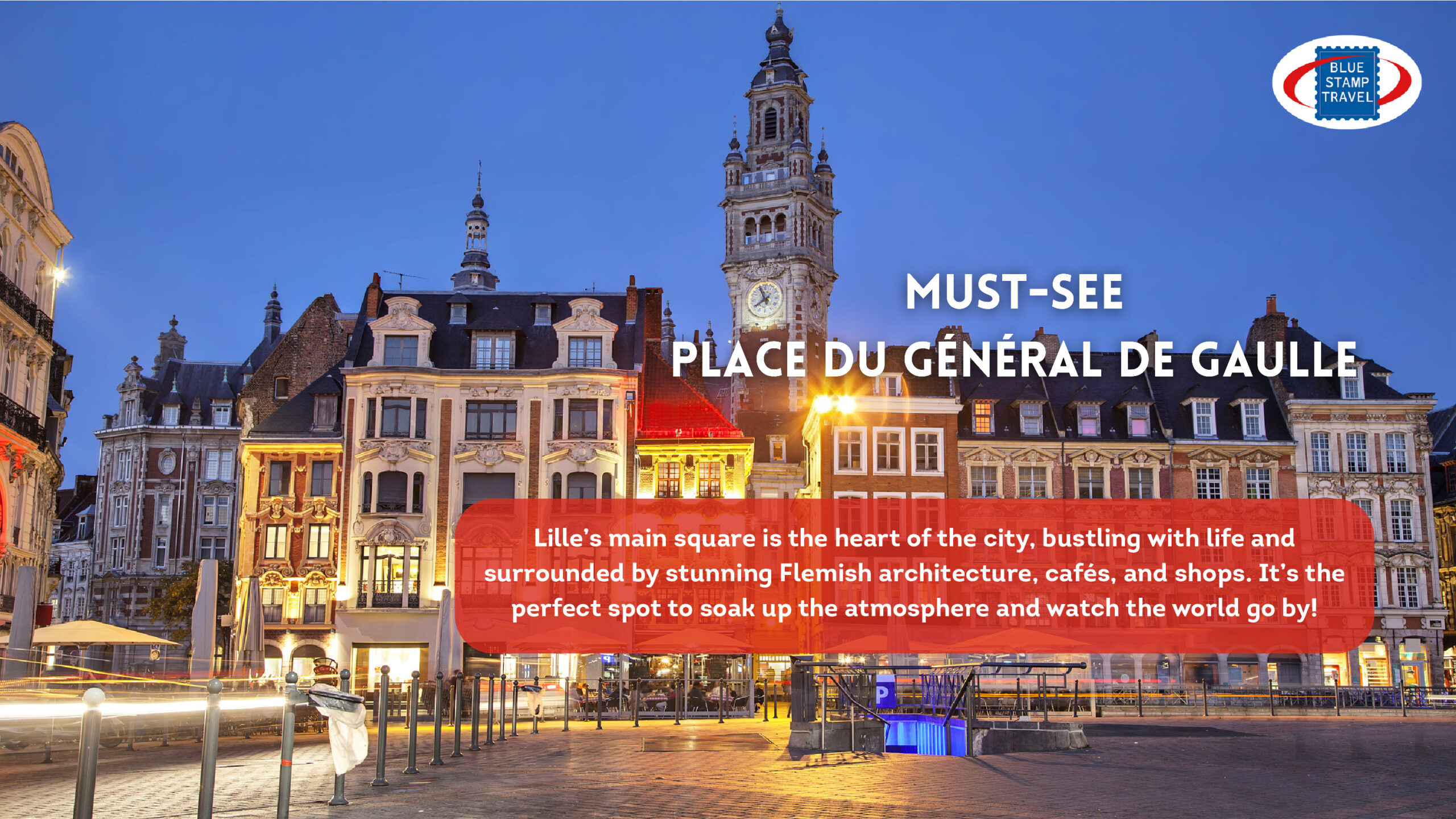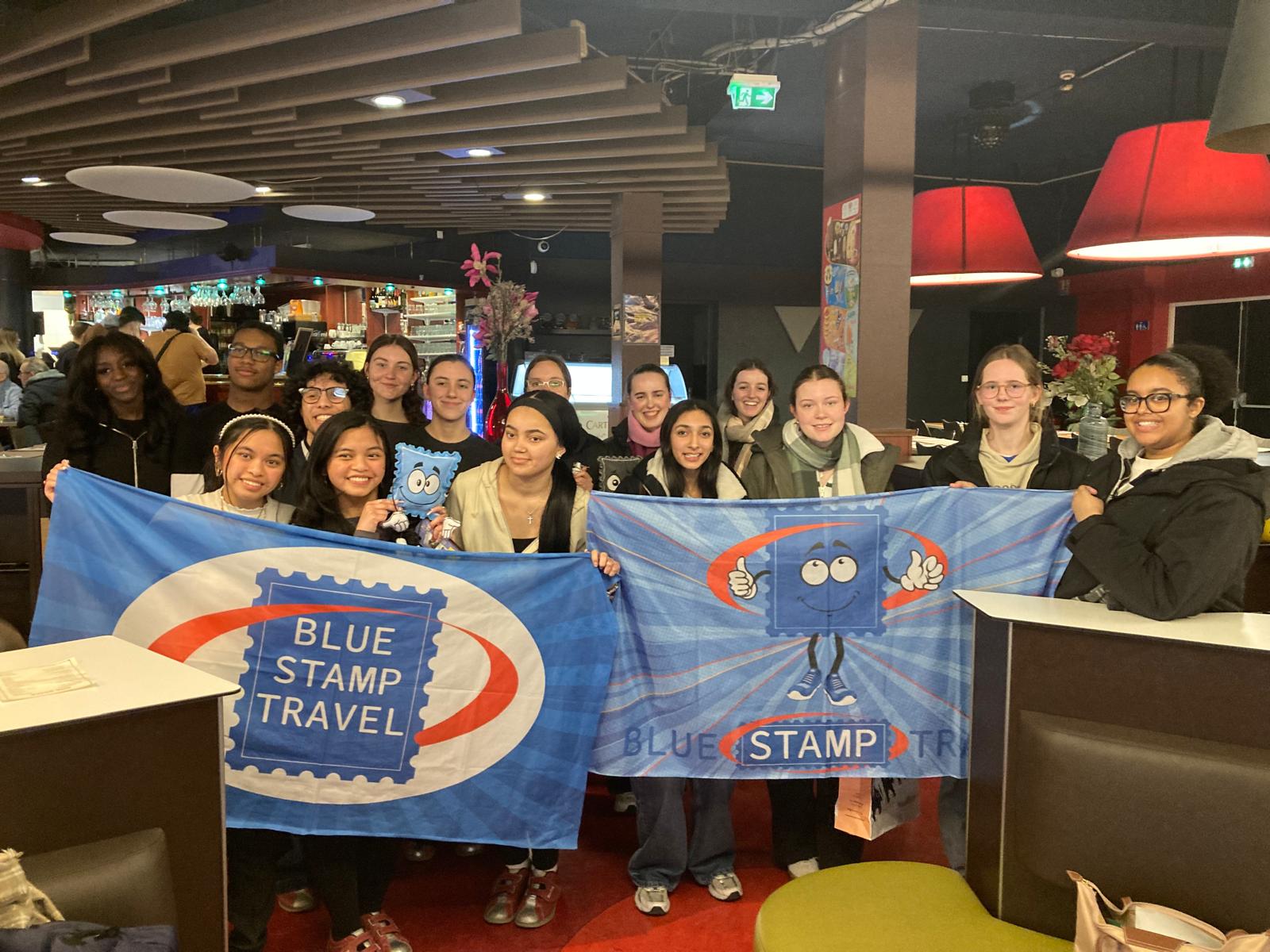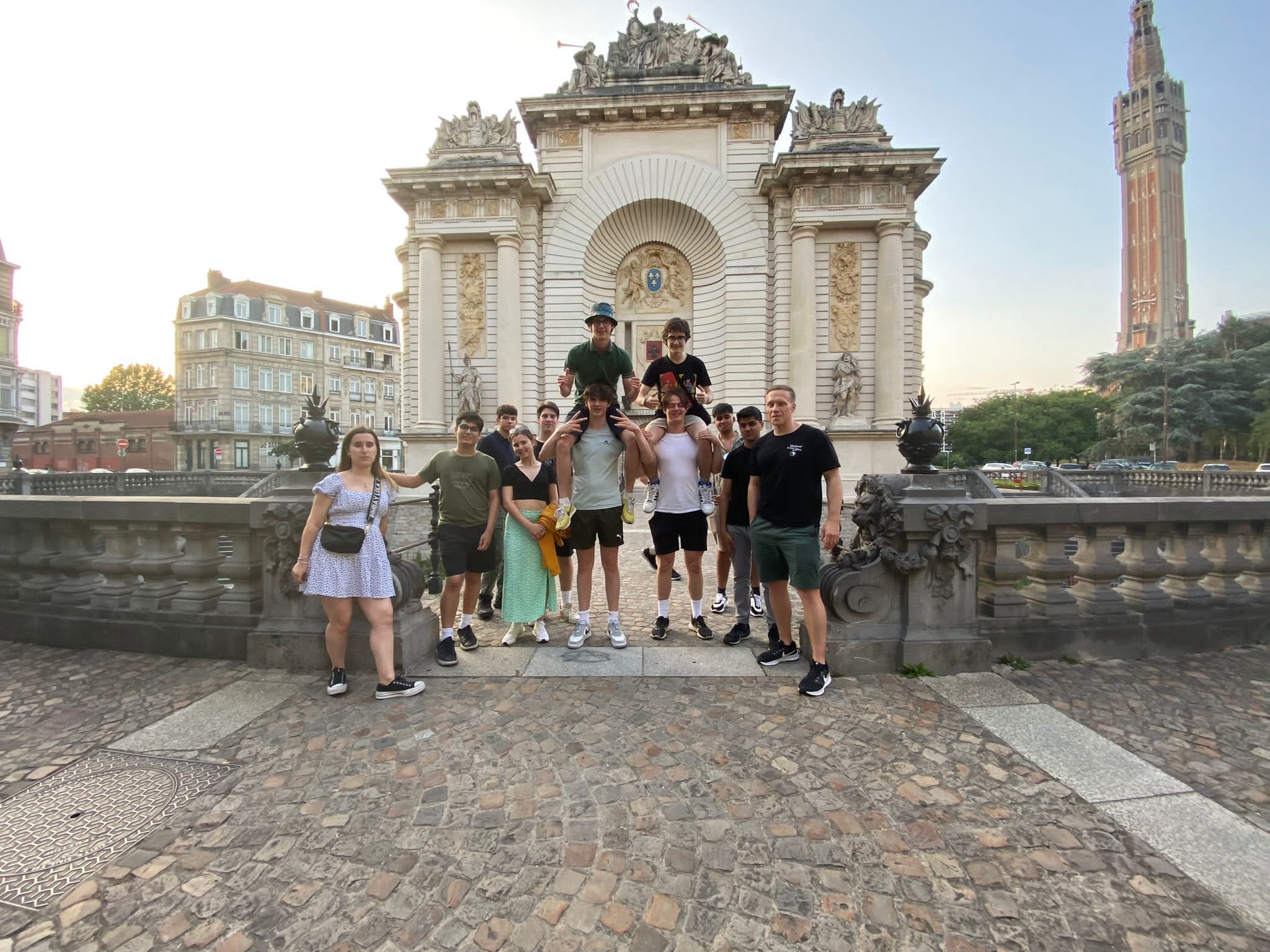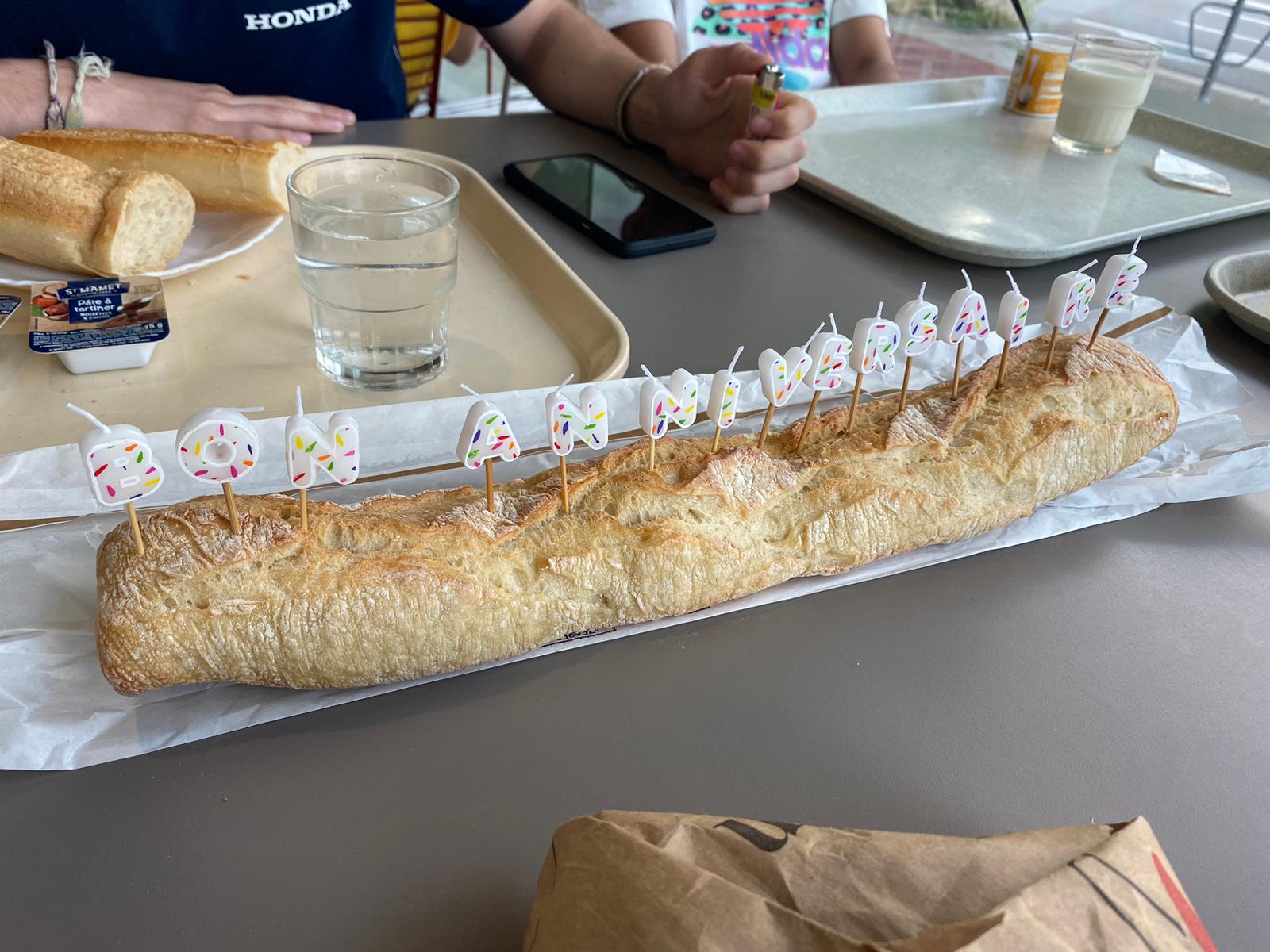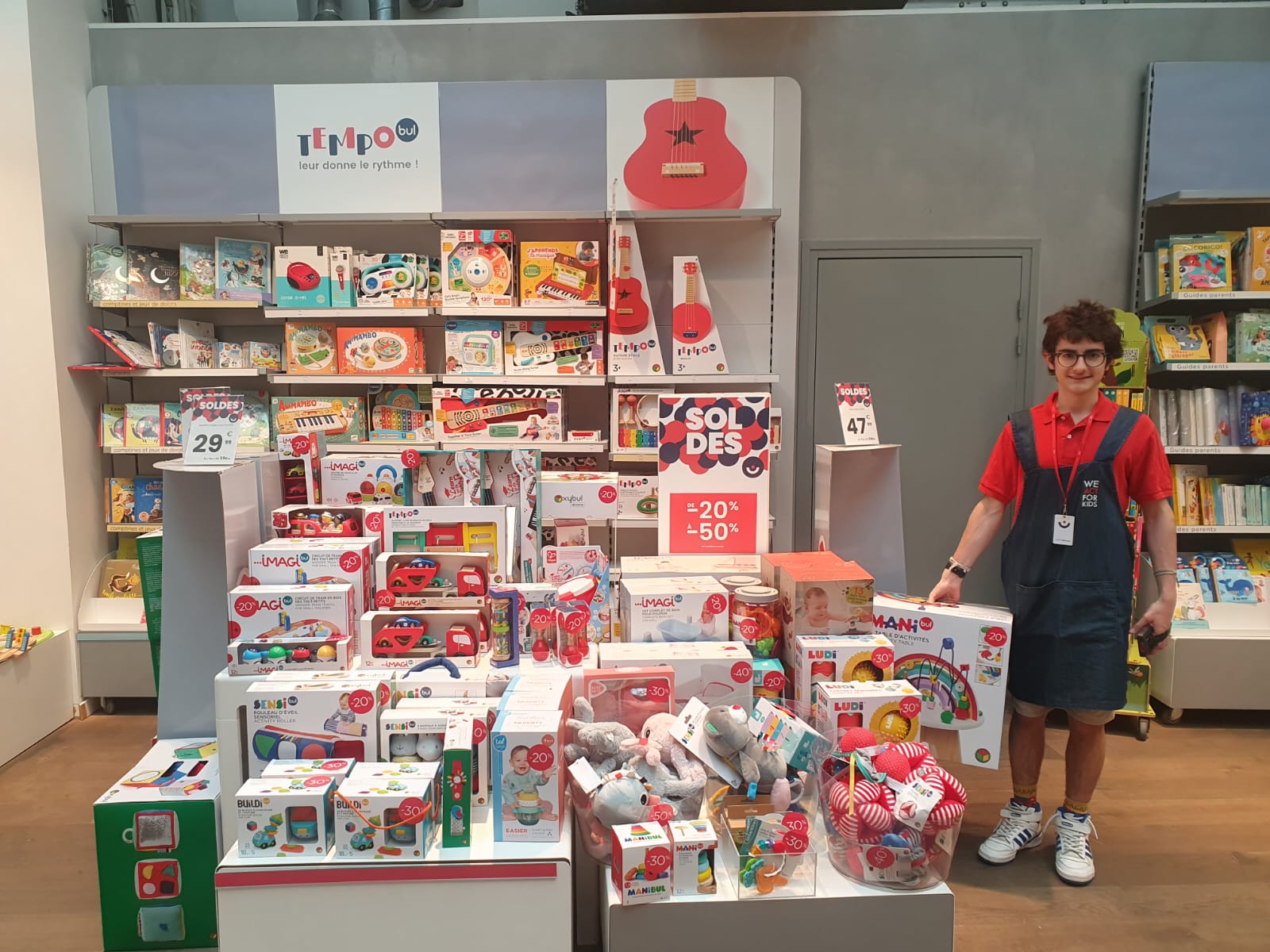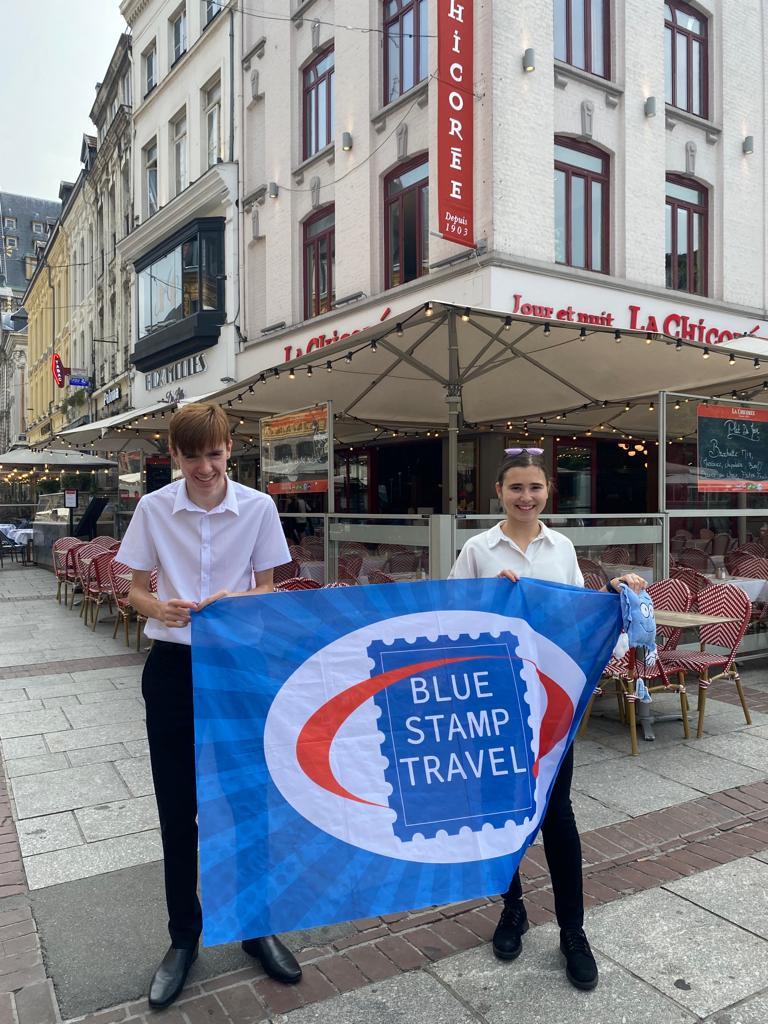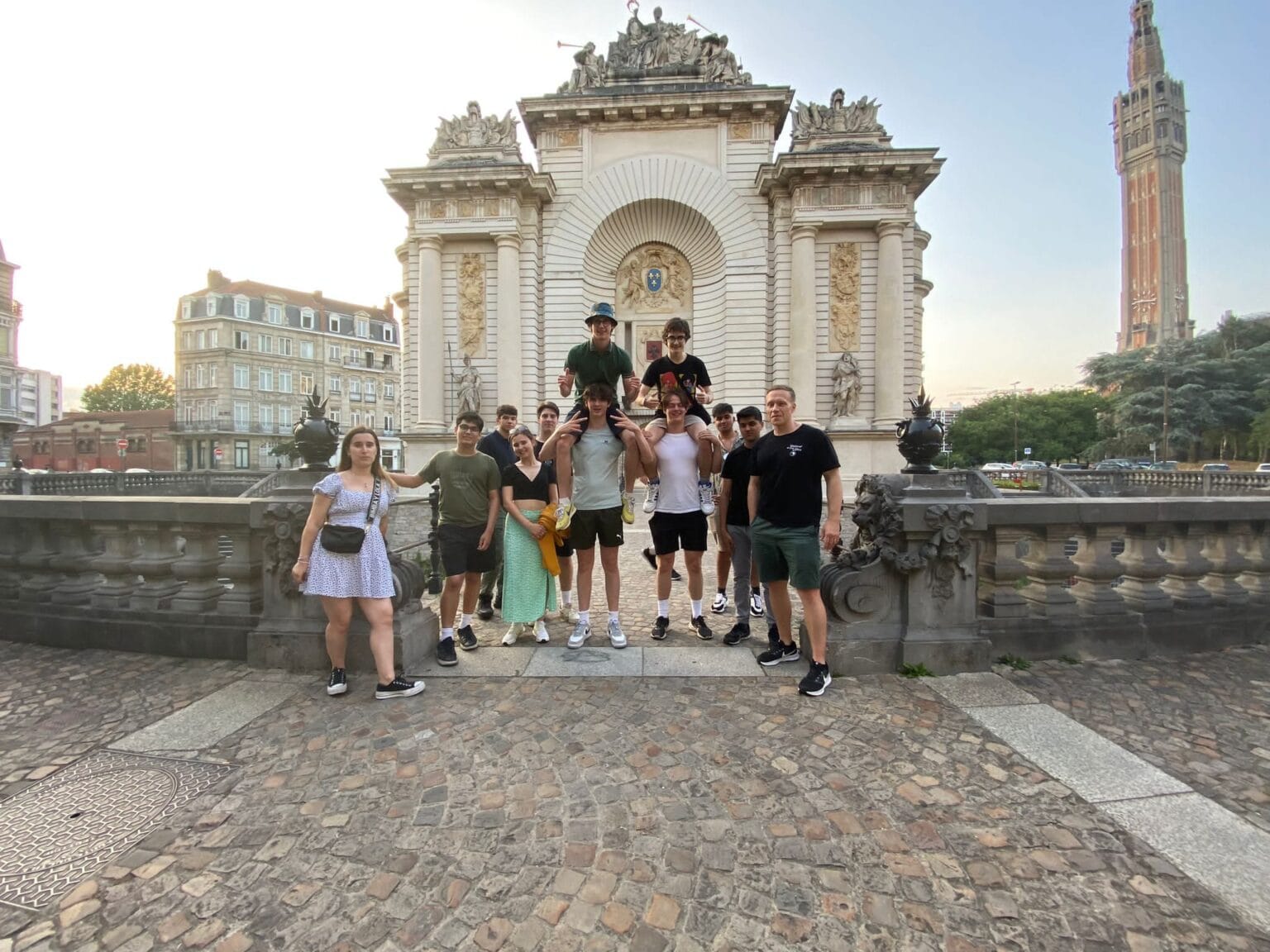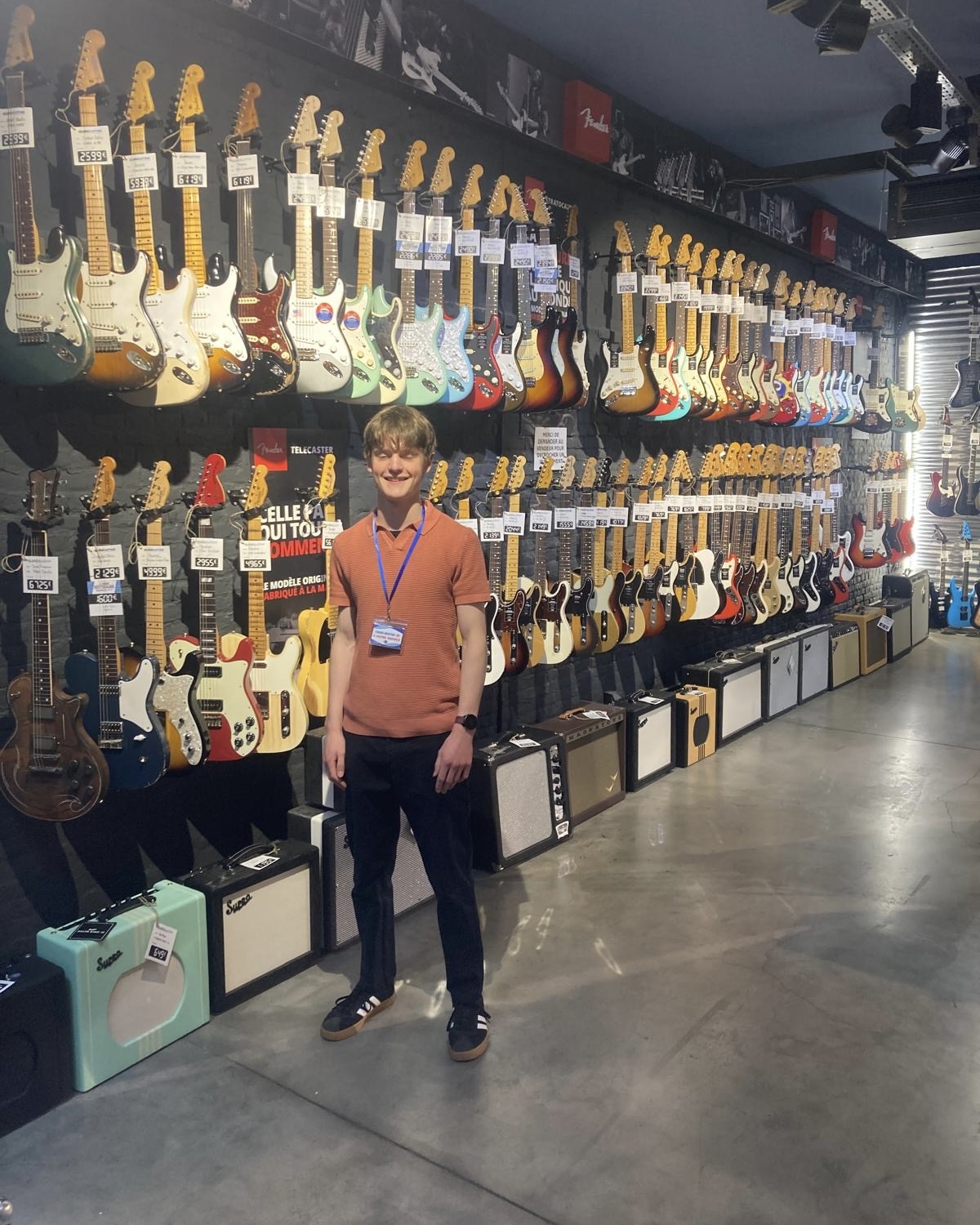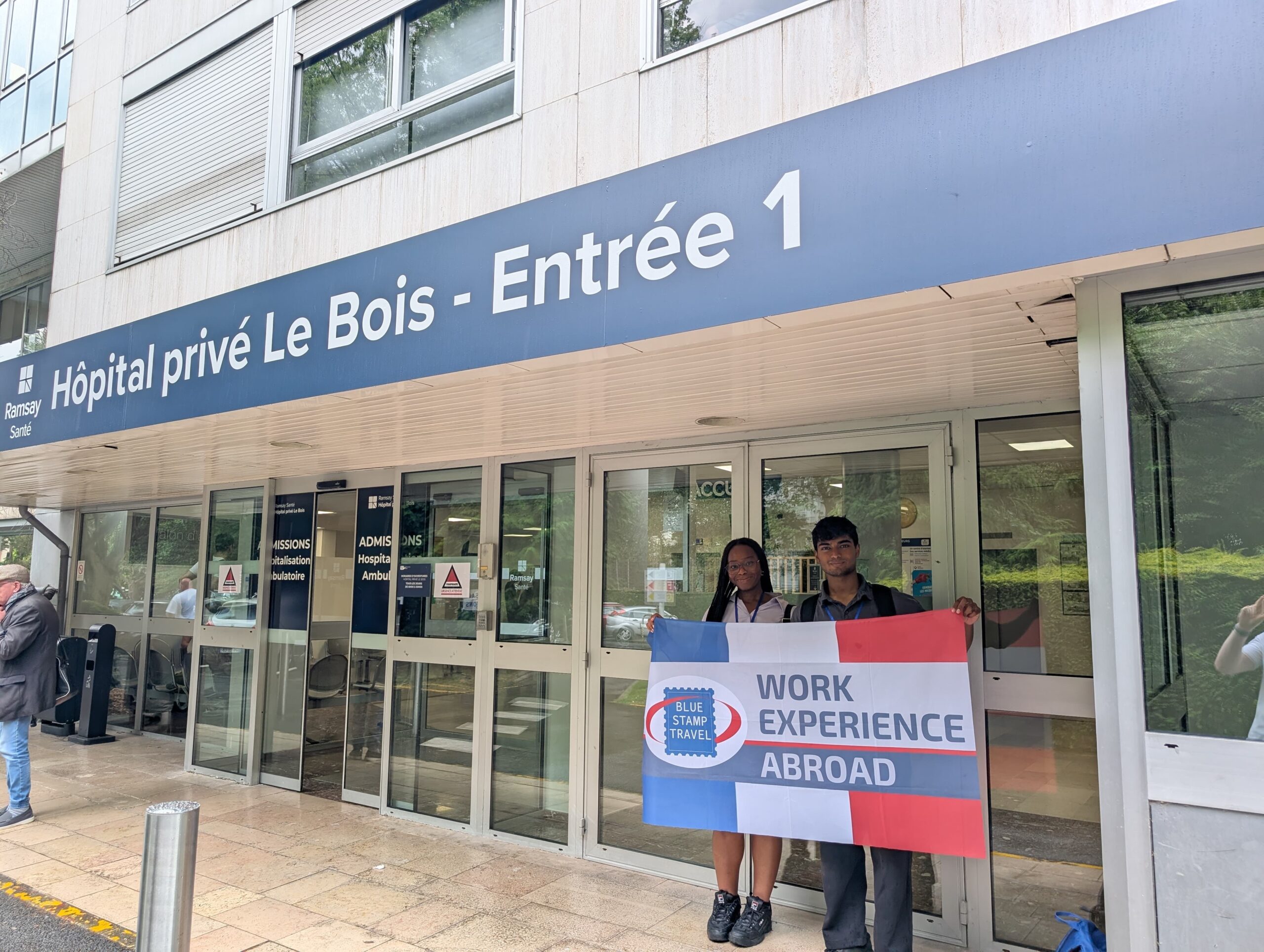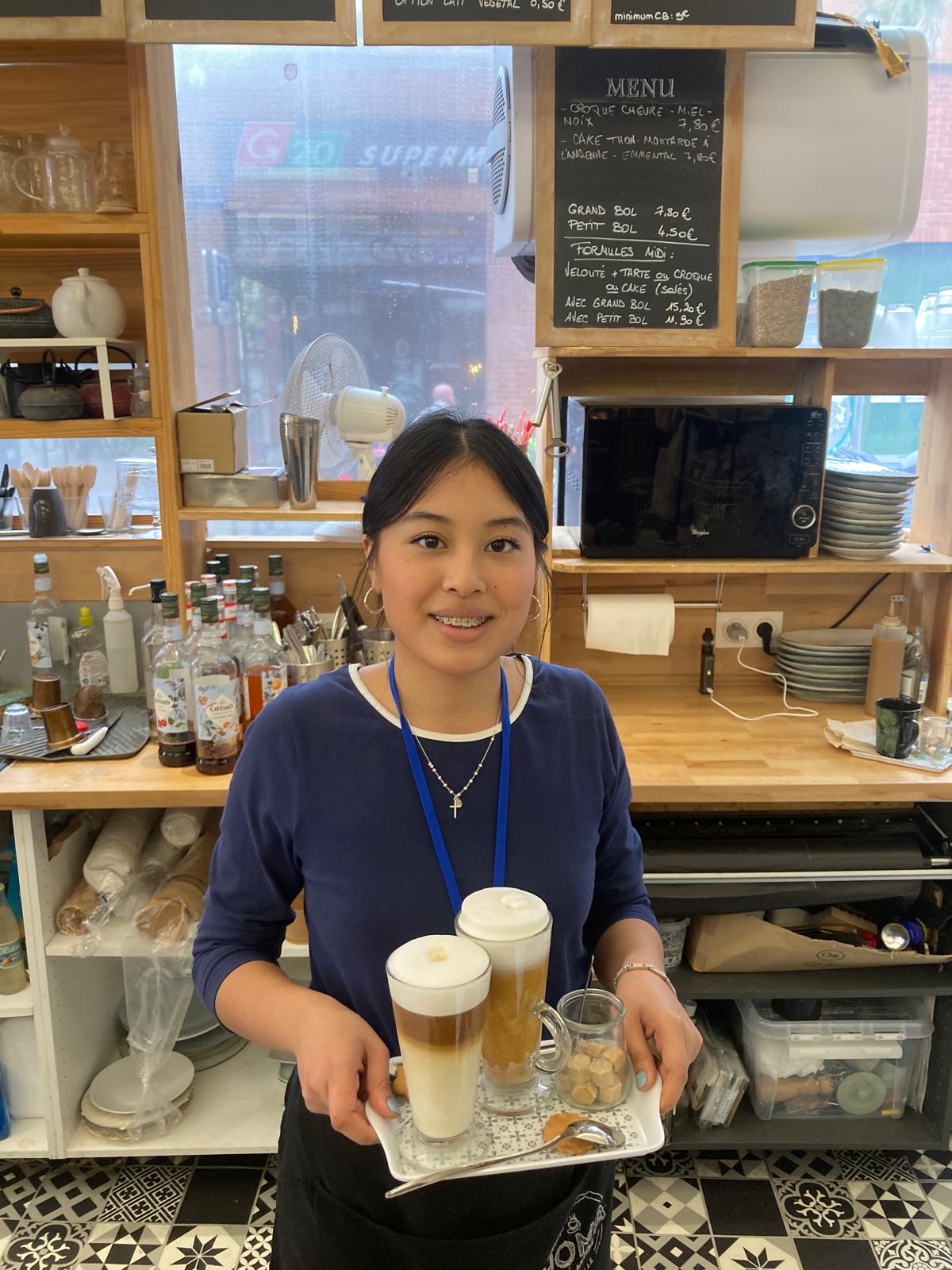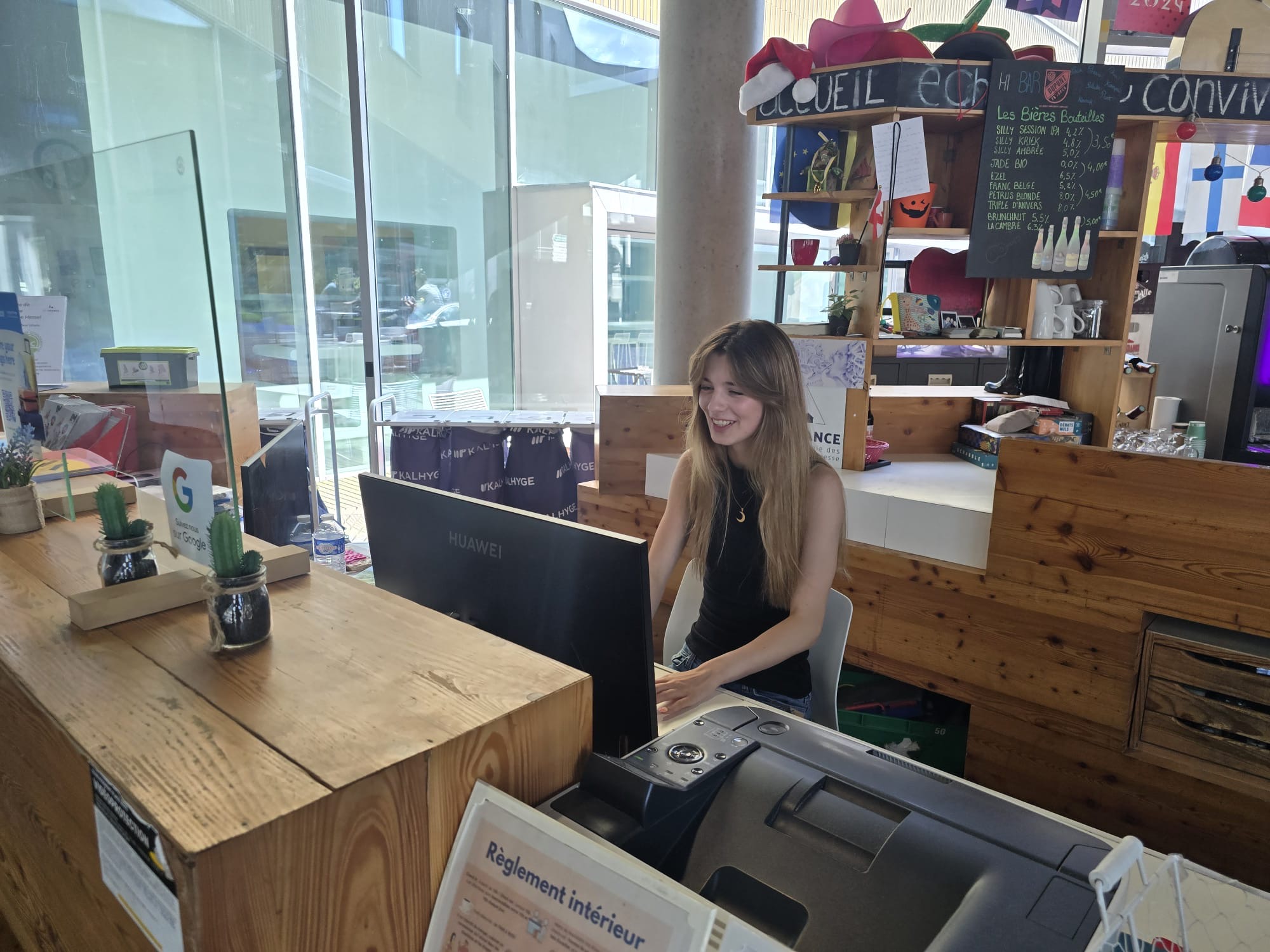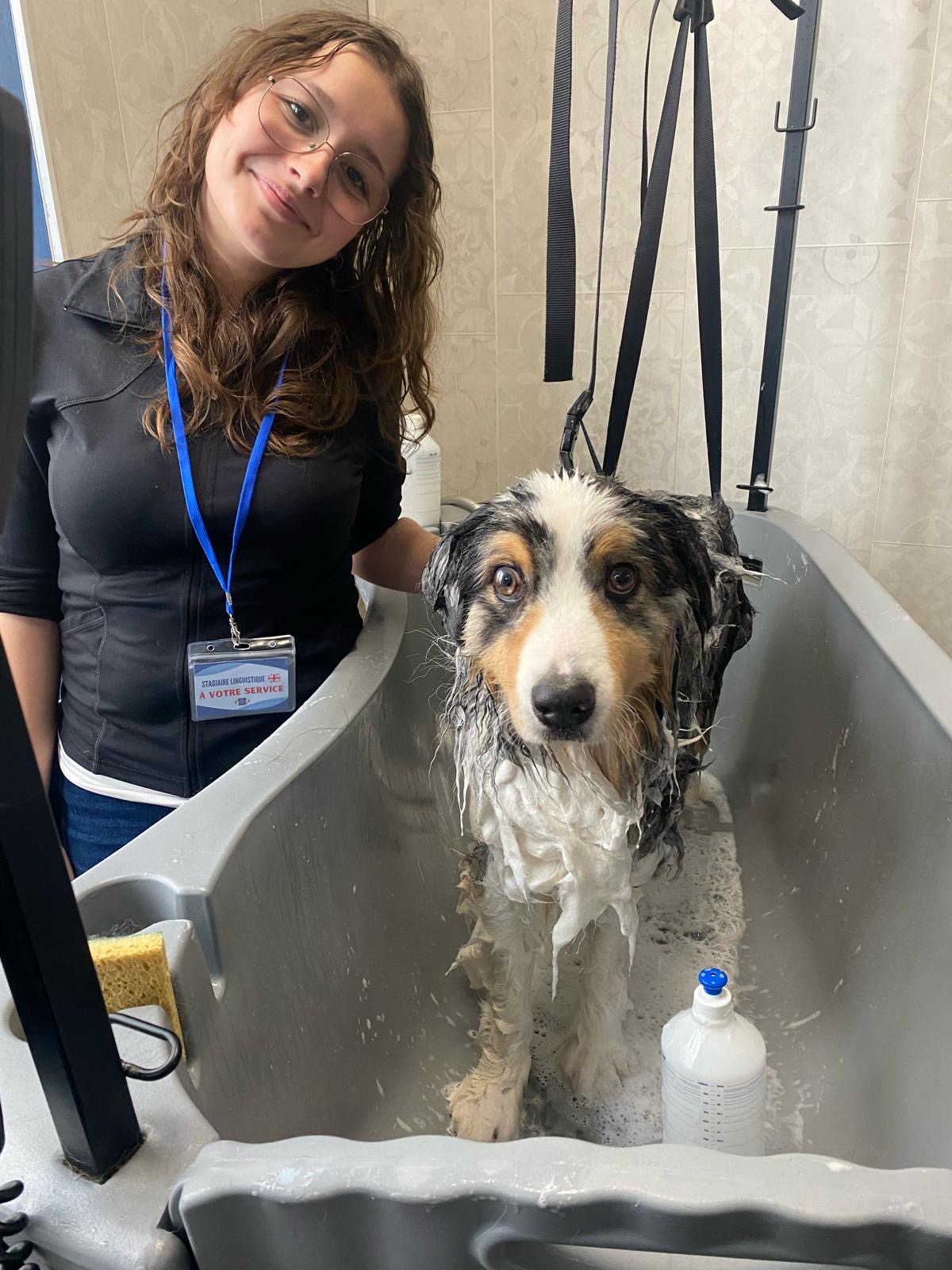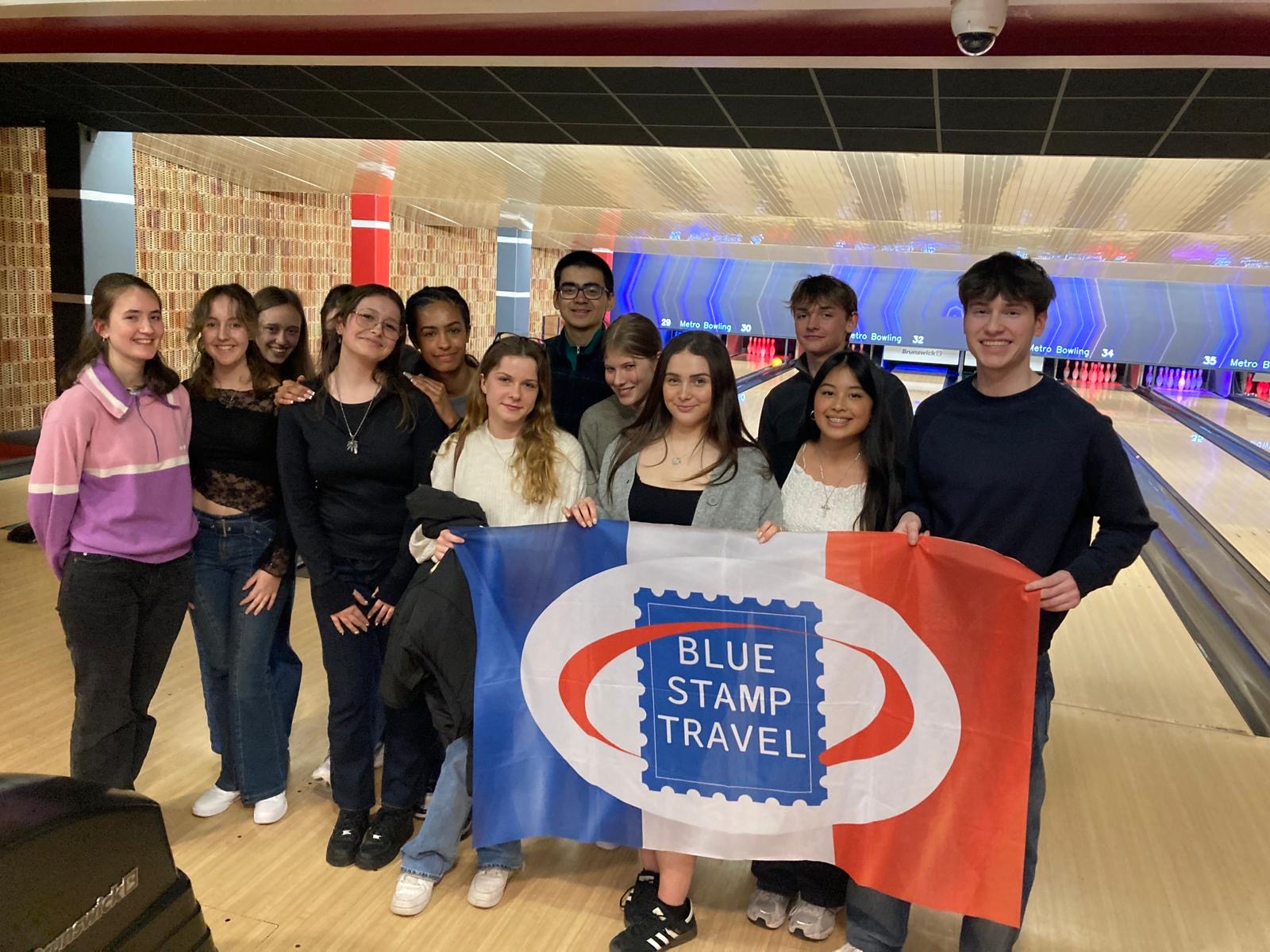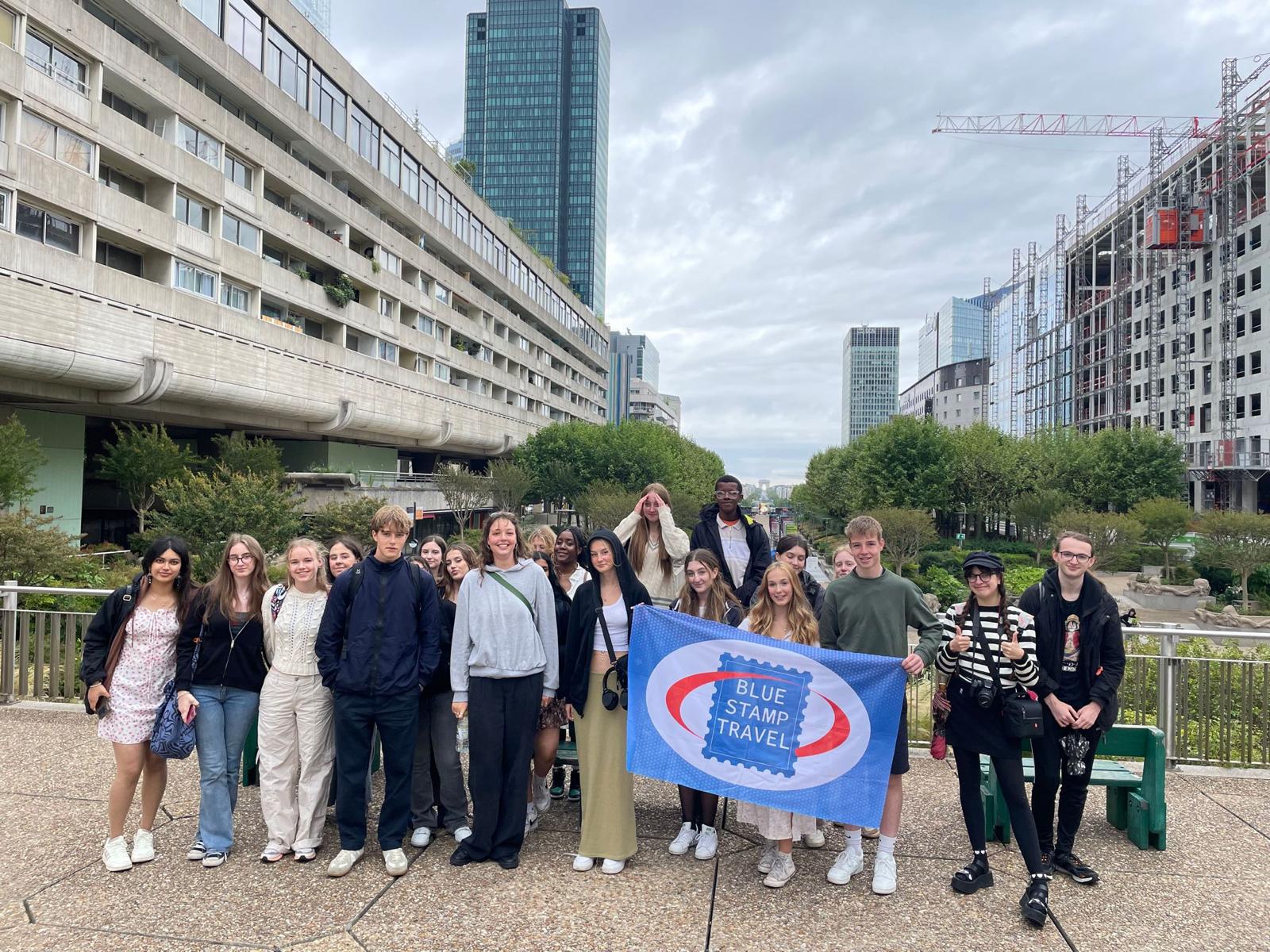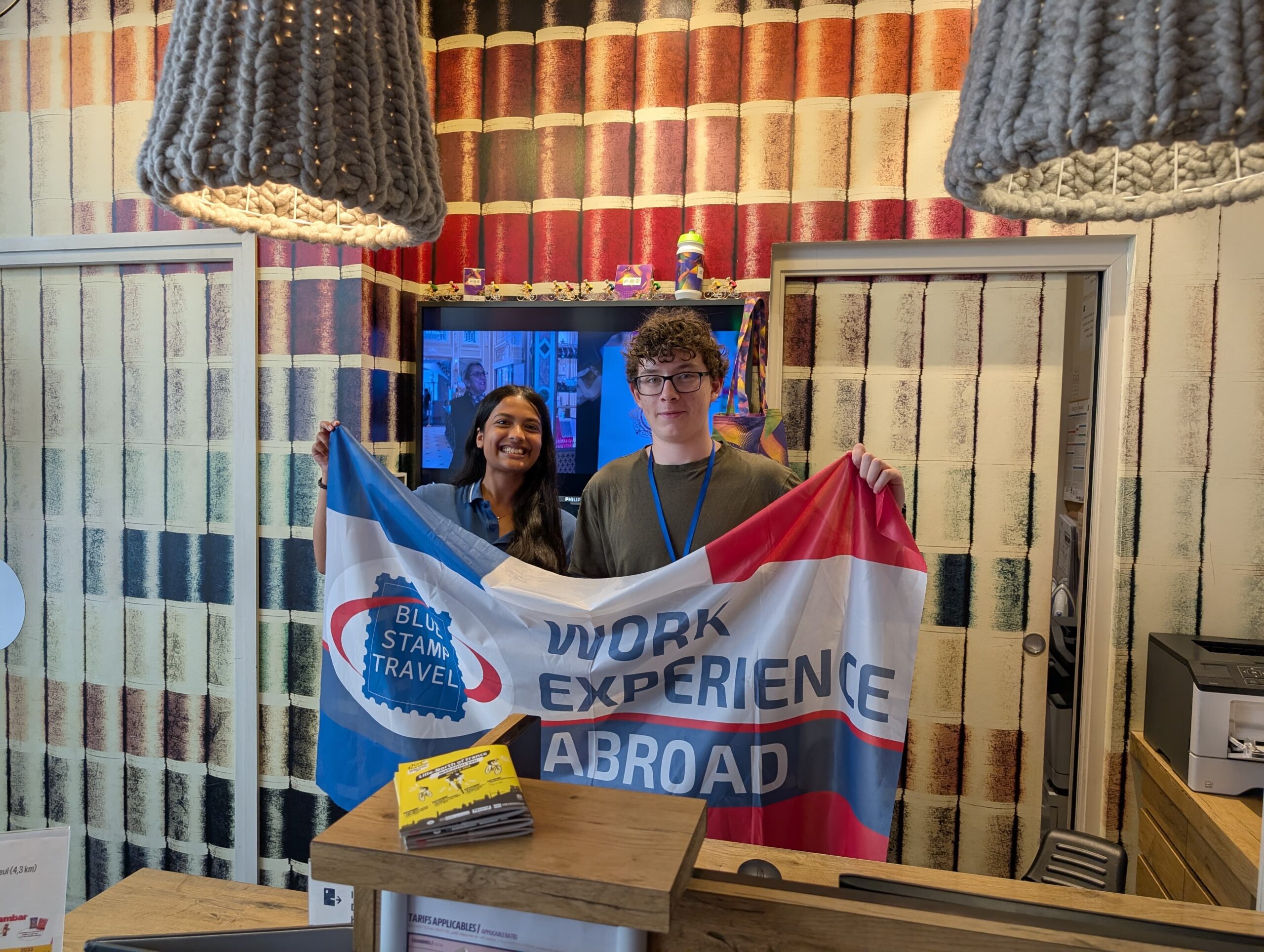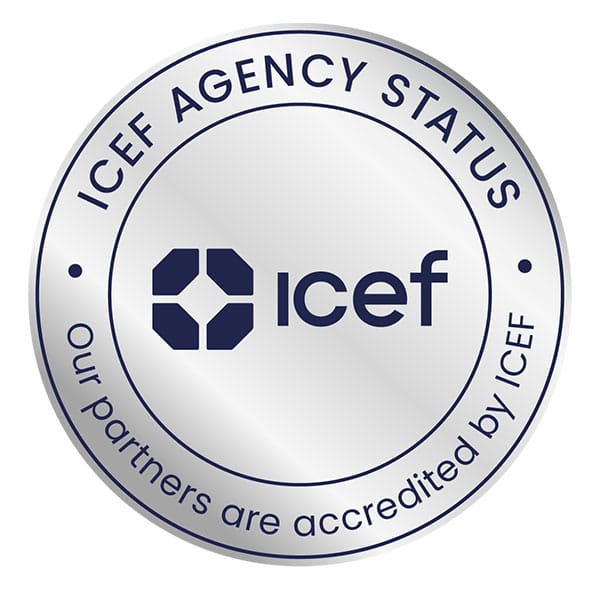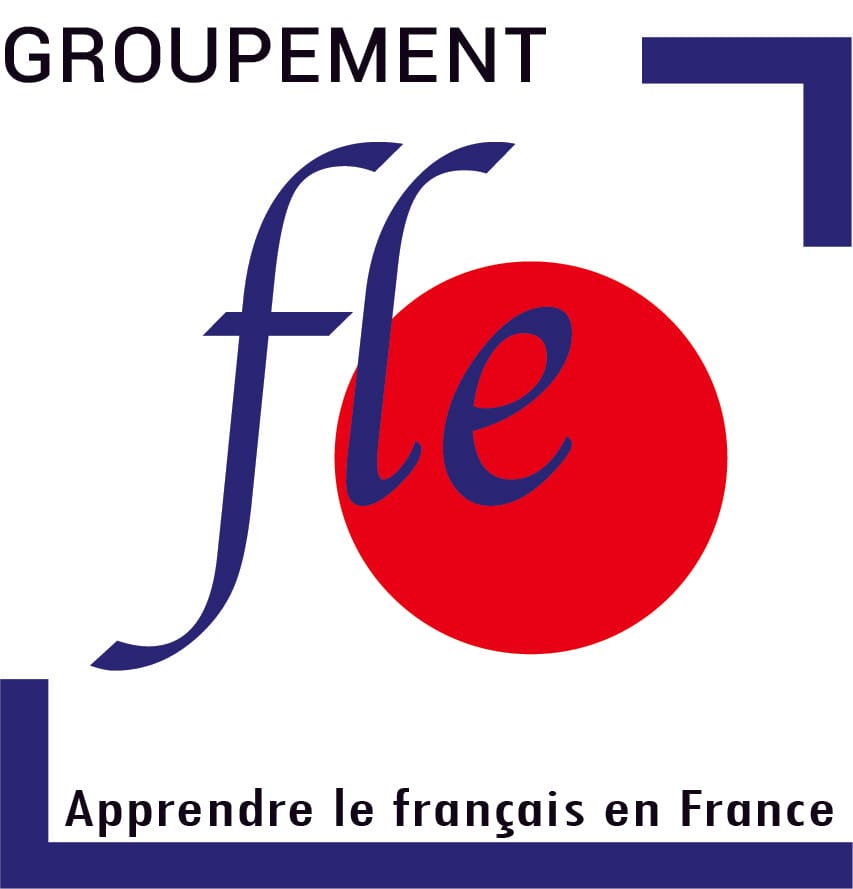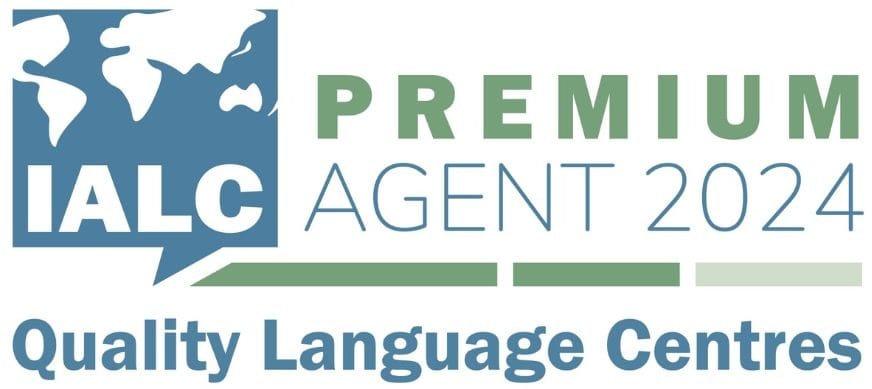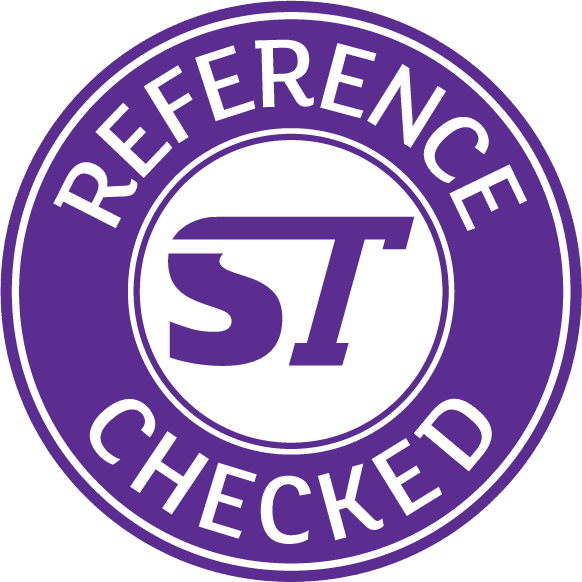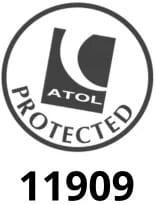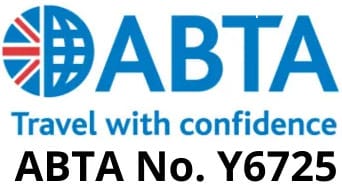Location
A friendly welcome awaits you in Lille. Close to the French-Belgian border, Lille is a bustling university city with distinctive 17th-century Flemish architecture, cobbled pedestrian streets and a large central square, the Grand Place. The birthplace of Charles de Gaulle, Lille has a varied and interesting history, which is embedded in its culture today.
On a Work Experience trip to Lille, students immerse themselves in French life and culture through week-long work placements with local employers. Using language in real-life settings helps students gain fluency, confidence and subject knowledge.
Lille’s compact size, excellent transport network and easy access from the UK make it perfect for work experience groups of older students (16+) to navigate with confidence.
Lille is well connected to both Paris and London via Eurostar, making it a stress-free city to visit and ideal if you want to avoid flying.
Work Experience Abroad
Every language learner knows that to improve fluency, gain confidence and discover the power of communicating in another language, nothing is more powerful than living and working in a foreign country. Through Blue Stamp Travel’s unique Work Experience Abroad packages, students spend a week on a work placement, with their teacher and optional Group Leader there to support and assist.
Our network of placement providers spans industries from food banks to pharmacies, but what they all have in common is that they are real workplaces, where students work on real tasks in real situations. Mastering the challenges of adapting to a new environment in a different language builds students’ confidence, independence, and resilience.
Through Work Experience Abroad placements, students also develop valuable professional skills such as serving customers, time management, communication skills, and industry-specific skills. For young people approaching higher education and employment, the benefits of a work placement abroad extend far beyond the classroom and examination hall.
Work Placements
Students enjoy rewarding, challenging and enjoyable placements linked to their interests and preferences, allocated by our team of expert Placement Coordinators.
- Students express their preferences by choosing five business categories which reflect their interests and experience.
- Placements generally last approximately 25 hours over the course of five days.
- All work placement premises are risk-assessed and monitored.
- Students travel with confidence to and from their placements thanks to detailed route plans prepared by Blue Stamp Travel.
- Blue Stamp Travel can provide a Group Leader for on-the-ground support and guidance to facilitate the smooth running of your trip.
- Work placements can be combined with a language course in the same city
Accommodation and Meals
Work Experience students in in Lille can stay with carefully vetted local hosts in homestay accommodation to gain an even deeper insight into French life and culture. The city also offers smart hostels and hotels at various prices to match your group’s size and budget.
Travel information
A Blue Stamp Travel group school trip package takes care of all the travel details. Your bespoke package can include:
- UK coach transfers
- Flights
- In-country transfers to your accommodation by private coach or public transport
- Transport to your activities and excursions by private coach or public transport
Why book with Blue Stamp Travel?
- Bespoke trip planning with our small, friendly team of school travel experts in Nottingham, UK
- Reliable and transparent quoting so you can budget with confidence
- ATOL and ABTA accredited
- Stress-free trip preparation through our custom Babel platform for teachers, parents and students
- Personal support at every stage of your trip
- Detailed trip itineraries and supporting information for you, your students and their parents
- Online pre-trip briefing for students, parents and staff
- Optional comprehensive travel insurance
Ready to book?
Interested in travelling to other destinations?
Explore other destinations and packages
Looking for inspiration or advice for your next school trip? Get in touch – we’re always happy to help.
I thoroughly enjoyed my time at Lille doing work experience. Both my placement, and staying with a host family let me significantly improve my French speaking skills in such as small period of time!
Work Experience Student
Ready to book?
Interested in travelling to other destinations?
Looking for inspiration or advice for your next school trip?
Group Accommodation
Depending on your destination, you may be able to choose between different types of accommodation. Generally, homestay or hostel accommodation is the most affordable option, while hotel prices range from budget options to 7* ultra luxury suites. The choice is yours. In some cities, student residences can be a very effective option, but these are not available everywhere.
We will be happy to discuss your needs when you request a quote to find the right balance of facilities to meet your trip budget.
Depending on your destination and type of accommodation, you can choose between bed and breakfast and half board options. In some cases, packed lunches may be offered as an optional supplement. Your quotation will clearly state what is included and what is available as a supplement.
Homestay hosts are generally able to accommodate specific dietary requirements such as dairy-free or gluten-free diets. An extra charge may apply – this will be clearly stated on your quotation.
Many groups opt for half board accommodation and give their students the chance to buy lunches in local shops or cafes – a chance to put food vocabulary to use in the real world!
Hostel accommodation typically offers rooms of various sizes from singles to dormitories with ten or more beds. When you request a quote, we will be happy to advise on the options available at the hostel in your chosen destination. As room sizes increase, the cost per head tends to decrease, but that can come with added complexity in terms of behaviour management. Generally we recommend planning on a basis of 3–5 students per room.
Hostel room bookings are for the sole and exclusive use of your students.
Host accommodation (also known as “homestay”) can be one of the most rewarding experiences for young people travelling abroad. Staying in a host’s home, eating with them at mealtimes and talking to them in their native language expands students’ horizons and introduces them to a new culture.
Homestay hosts are carefully selected, experienced and vetted individuals who regularly provide accommodation in their homes for young people visiting their cities, such as to take a course at a language school. Depending on your group’s age and confidence, they can accompany students to central meeting points on foot or by public transport.
Homestay accommodation is particularly popular for smaller groups of older students, but it can be a fantastic option for larger groups. For groups from KS3 and upwards, host accommodation can be a great option.
Check our our Guide to Host Accommodation to find out more.
At Blue Stamp Travel, we share your commitment to safeguarding your students on school trips. Our homestay accommodation is therefore designed with safeguarding in mind at every stage. We only work with hosts who:
- Have passed the relevant police vetting procedures in their country*
- Are known to and trusted by our local partner in each city
- Meet our expectations with regard to curfews, gender-appropriate accommodation, students’ dietary requirements, faith, presence of other adults in the household and other considerations.
We regularly review the quality, safety and suitability of homestay host accommodation, taking student, parent/carer and teacher feedback into account and take appropriate steps to ensure that a host’s standards meets our expectations.
Each destination has a local coordinator who oversees and supports hosts to ensure the quality of our provision.
Our Safety Management System includes detailed information on homestay hosts.
* German law does not provide a system equivalent to UK DBS vetting. Nevertheless, hosts are closely monitored and their suitability is ensured by other means.
We will be happy to arrange accessible accommodation if your students have additional requirements.
Our Trip Planning Resources page also includes UK government guidance on planning school trips with trans and gender-questioning children.
Group Travel
When you request a quotation for your school trip, you can tell us your preferred mode of transport from the UK to your destination. Travelling by air is the most popular choice, but many groups also go by train, particularly for destinations accessible by Eurostar from St Pancras. Coach travel is a great option for larger groups.
When we quote for a trip, we commit to honest, transparent and fair pricing for your confidence and peace of mind.
We will be happy to include UK coach or public transport transfers in our quotation for your school trip. Just let us know.
When you request a quotation from us, tell us which airports are most convenient for your school. We will strike the best balance of flight availability, cost, arrival/departure times and UK transfer times, working with you to choose the option that suits you and your students.
If it is not possible to reach your chosen destination without long UK transfers, we will be happy to suggest alternative destinations to ensure your students have a memorable and rewarding experience abroad.
Your itinerary will always include transfers on arrival and departure from your destination country. Depending on your arrival time, group size, and accommodation type, the transfer could be by:
- public transport
- private coach
- host accommodation collection
Given the availability of sustainable, efficient and very affordable public transport in many of our destination cities, public transport is often the best way to get around, especially for smaller groups. However you make your way into your destination city, your Blue Stamp Travel itinerary will contain all the information you need to begin your trip with confidence.
At Blue Stamp Travel, we are committed to encouraging sustainable educational travel and will always offer groups the option to travel by public transport for activities and excursions in country. For students, travelling by public transport is a chance to experience an authentic experience of the destination.
We will arrange tickets for all excursions by public transport or provide clear instructions on how to purchase tickets if it is not possible to do so in advance. In all cases, your itinerary will reflect the size, stage and nature of your group.
During the trip preparation phase, we collect all your travellers’ passports through our Babel trip management platform, sparing you the stress of handling passports and online check-in for your group.
Trip organisers must ensure their travellers hold passports with sufficient validity for the whole of their trip – for trips to the EU, for example, passports must be valid for at least three months after the planned date of return to your country of origin.
We cannot provide legal advice on visa or passport validity and advise all travellers with questions to seek assistance from the relevant embassy or consulate.
The European Entry/Exit System (EES) is due to begin operation on 12 October 2025, rolled out in stages until April 2026. The new system will collect biometric data on travellers from outside the EU visiting for short stays of up to 90 days in a 180-day period.
Travellers will be able to register their details on arrival for the first time using self-service equipment. Some countries may provide a mobile app to allow travellers to record their details before travelling, which will speed up the process. Biometric passports will also reduce the volume of data to be collected on first arrival in the EU.
Blue Stamp Travel will advise you on the best way to manage your group’s EES requirements.
ETIAS is not expected to go into operation until late 2026.
Read our blog post on the new systems to find out more. The official EU EES website contains much useful information and FAQs, and the UK Government website explains how Dover and Eurostar will manage EES requirements.
Booking and payments
When you make an inquiry about a group trip, we will contact you to discuss your plans, requirements and trip goals. We will then provide you with a quotation which is valid for 30 days from the date of the invoice.
On acceptance of the quotation, the non-refundable deposit becomes due by the date listed on the invoice. This is typically the same date as the quotation’s validity expires. We will request payment by invoice.
The balance is due 12 weeks before your trip departs.
The short answer is: whatever you want! The serious answer is that we tailor every trip to your specific needs and we pride ourselves on providing honest, transparent quotations so there are no nasty surprises on your school trip. Your quotation will set out:
- Travel and transfers (including UK transfers if required)
- Accommodation and meals (including first and last meals)
- Activities and excursions
- Any language course or work experience requirements
The quotation clearly shows any optional items and their cost, as well as explaining what is not included in your trip.
Students will need to ensure they bring spending money to cover costs such as:
- Lunches
- Travel to/from their work placements
- Meals before/after the first/last meals listed on our quotation
- Souvenirs
- Group activities
Students may want to allow a small amount of money to purchase a gift for a homestay host or placement supervisor. A small token representing their home area of the UK can make a lovely gift.
We strongly recommend having a bank card that students can use abroad with low charges – they should check their bank’s terms and conditions in good time before travelling. Starling, Monzo, Revolut and some other banks do not charge fees for international transactions in Europe.
A preloaded Euro card can be a good alternative so there can be no doubt about exchange rates. Bringing a few euros in cash is also a good idea.
Work Placements
We have ten business categories of placements, of which students can choose up to five. If they are uncertain, they have the option to select the “BST Top Pick” category, where the Placement Coordinator will match the student to one of the most popular placements in the destination city. We are usually able to provide a placement in the top 3 preferences.
Placement allocations are based on student profiles and allowing for the availability of placements. Students are also asked to write a letter to their prospective employer in the target language to introduce themselves and provide a photo suitable to be sent to their work experience placement.
Placements are allocated prior to travel and students are informed of their placement about two weeks prior to travel by means of a final mailing and via their Babel account.
The majority of placements are arranged for students to be on their own. This reduces the temptation to speak English during the placement. There are some workplaces that can accommodate multiple students in different areas (e.g. front of house and kitchen at restaurant or in different rooms at a nursery).
We have an extensive range of placements. No two are the same and the tasks at each vary considerably. Students will be given some indication of the tasks when they receive their placement, however, they should be prepared to fully engage in all the aspects of the work at the placement.
It is important to note that the main aim of the work experience trip is to improve students’ linguistic abilities as well as providing the opportunities to learn and apply transferable skills.
It is also worth noting that some roles will involve tasks similar to that of a part-time job in the UK, others may involve shadowing your supervisor whilst they carry out tasks. There is a lot of variety between placements. You are welcome to ask for more guidance in choosing your placement preferences.
Students will normally spend 5 days at their work placement. Occasionally, due to public holidays, weekday closures or other constraints, some students may work less than five days. Please be aware that not all employers will close on public holidays.
We aim to provide in the region of 25 hours work over the week, although this may vary depending on the nature of each work placement. We cannot guarantee that students’ start and finish times will coincide.
The majority of placements are within 20–30 minutes minute by foot or by local public transport. Using local transport is very much part of learning to live abroad independently and provides opportunities for students to use the target language.
Occasionally, placements can take longer to get to, particularly where trips are in homestay accommodation where the host may not live in the centre of the city. Travel times may be longer in order to facilitate more specialist placement.
All students receive a route map with detailed instructions. If you choose to include a Group Leader for your trip, they help students with orientation.
Work placements are not paid but students gain invaluable experience. Just like work experience in the UK, placements are an opportunity to experience the world of work and develop new skills outside a classroom environment. Through work experience abroad, students learn about customer service, working as part of a team, time-keeping, independence, work-place specific skills and communication with colleagues.
And all this while improving their target language!
